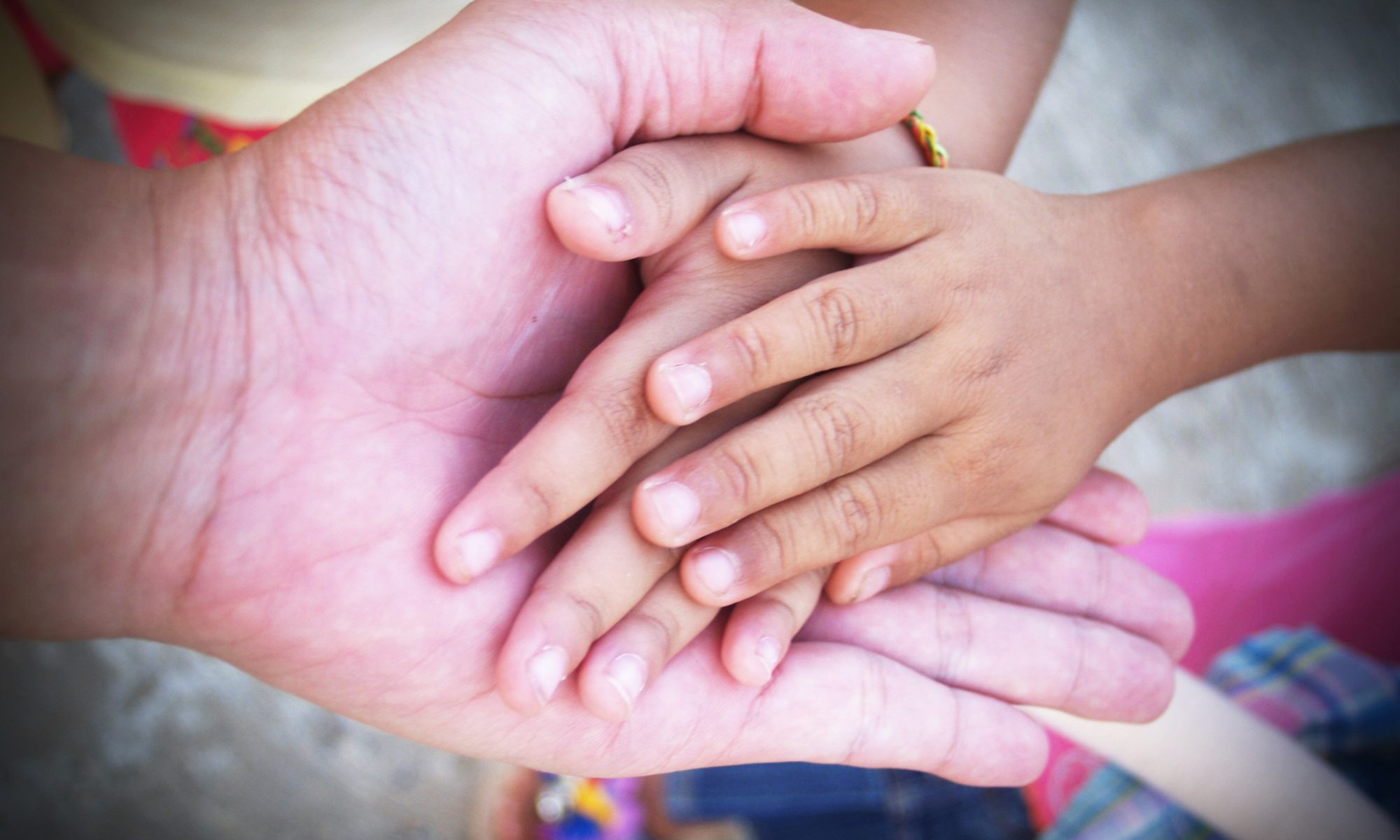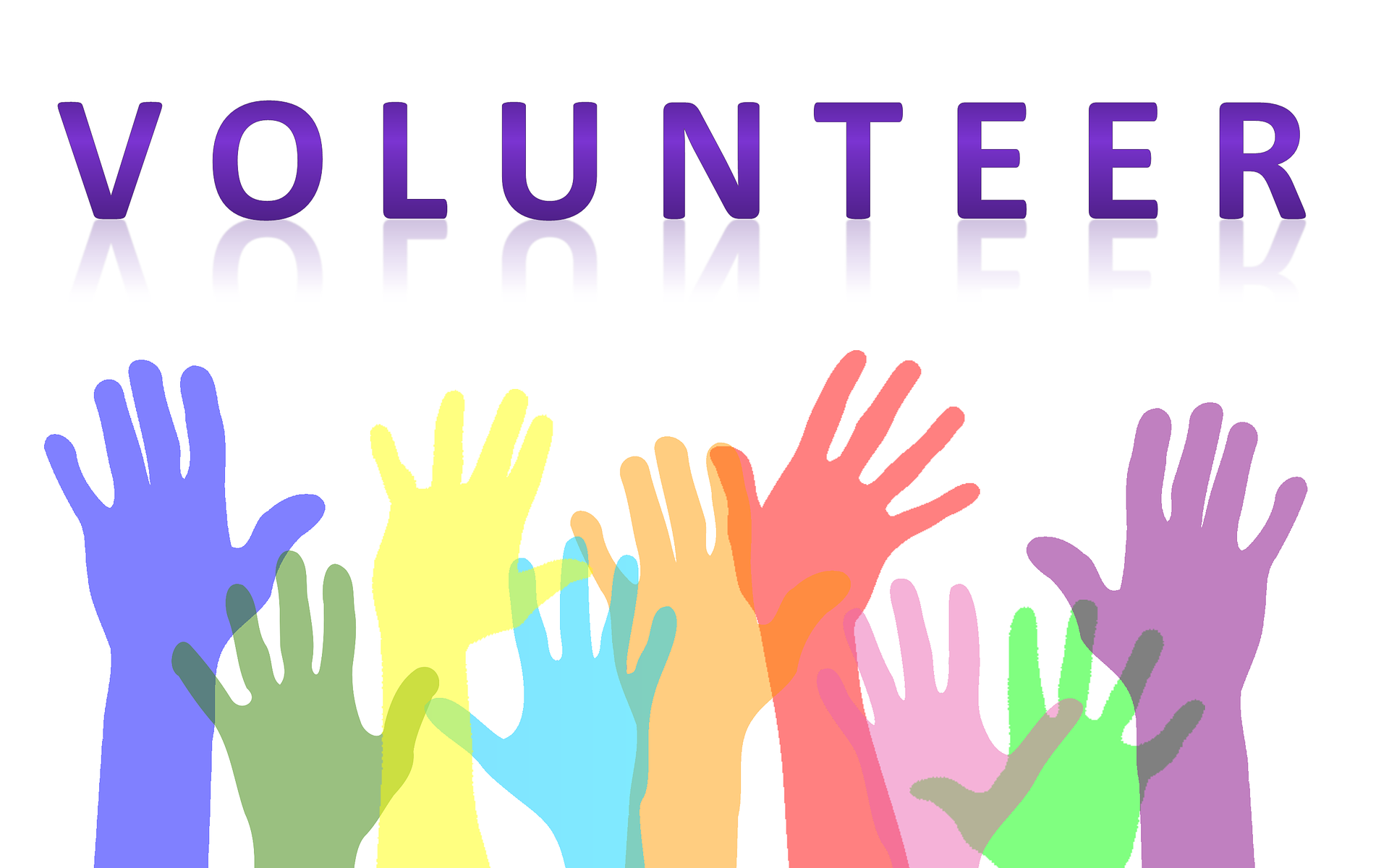Finding great, low-sodium recipes can be time consuming and discouraging, but they are out there. Being conscious of your sodium intake in your daily diet is important because consuming large amounts of salt can result in heart problems. Having high blood pressure, also known as hypertension, can lead to more serious cardiovascular issues like an increased risk of stroke and heart attacks. Other health risks that come along with high sodium levels in the body include water swelling in places like the ankles and legs. Congestive heart failure can occur as well, within people who have pre-existing cardiovascular issues. The Dietary Guidelines for Americans recommends that we limit our sodium consumption to less than 2,300mg per day, or about 1 teaspoon of salt. Below are 5 delicious low-sodium recipes that are not only heart-healthy but will also satisfy those taste buds!
1. Berry Yogurt Cup
With this light, refreshing yogurt recipe, you’ll be wanting to wake up earlier to get your hands on it. The fresh berries blend perfectly with the plain yogurt, making it a great, easy breakfast meal.
Sodium Content: 29mg per serving
Find the recipe here:
https://www.tasteofhome.com/recipes/berry-yogurt-cups
2. Southern Pecan and Apple Salad
This tasty salad will become your go-to lunch meal. The pecans and apples will add crunch to every bite and will leave your taste buds wanting more. The salad includes both sweet and savory flavors, satisfying everyone’s cravings!
Sodium Content: 28mg per serving
Find the recipe here:
http://www.health.com/health/recipe/0,,10000002011076,00.html
3. Oven-Baked Salmon
Nothing screams heart-healthy more than freshly baked salmon. Salmon contains a variety of necessary nutrients that also benefit the body. One piece of salmon is packed with protein, vitamin D and omega-3 fatty acids. Omega-3 fatty acids are important not only when it comes to maintaining a healthy heart but also aid in regulating blood pressure.
Sodium Content: 170mg per serving
Find the recipe here:
https://www.foodnetwork.com/recipes/oven-baked-salmon-recipe-1911951
4. Baked Chicken and Rice
This recipe is so simple, yet a favorite to many. No one will even know how healthy this dish really is because it tastes that great. The chicken is packed with protein and is low-fat at the same time, making it great for those who are trying to eat heart-healthy.
Sodium content: 266mg per serving
Find the recipe here:
https://www.thespruce.com/baked-chicken-and-rice-2246418
5. Peanut Butter Blossom Cookies
There is no better way to end the day than with a delicious cookie in hand. These peanut butter blossom cookies are both sweet and savory, making them the perfect treat. Low in sodium, you can even have 2 of these cookies and you’ll be going to sleep guilt-free.
Sodium content: 16.7mg per serving
Find the recipe here:
https://www.hackingsalt.com/low-sodium-peanut-butter-blossom-cookies/
Dr. Barbara Edwards, Princeton doctor internal medicine practices at Penn Medicine Princeton Health in the Penn Medicine Princeton Medical Center.





